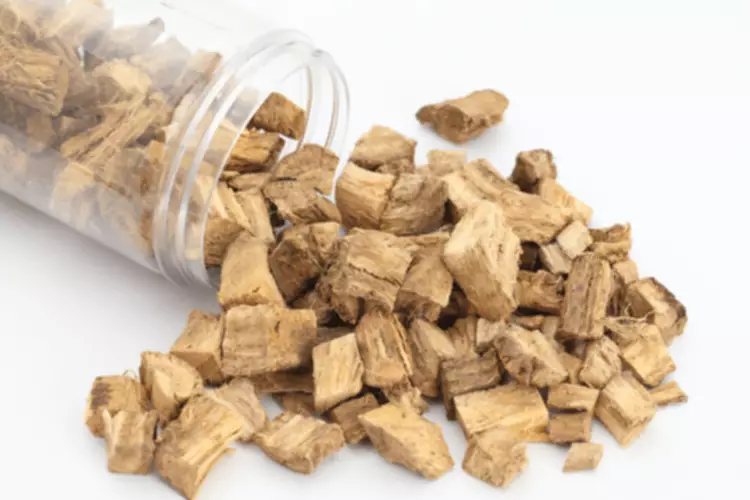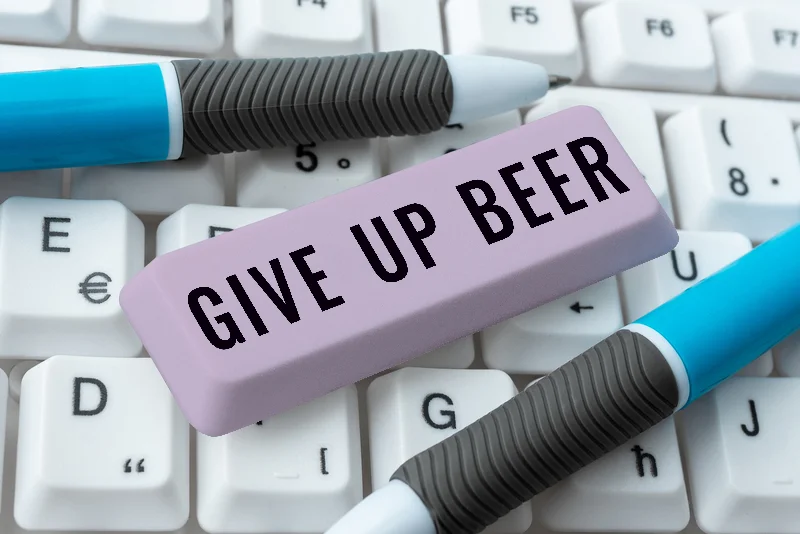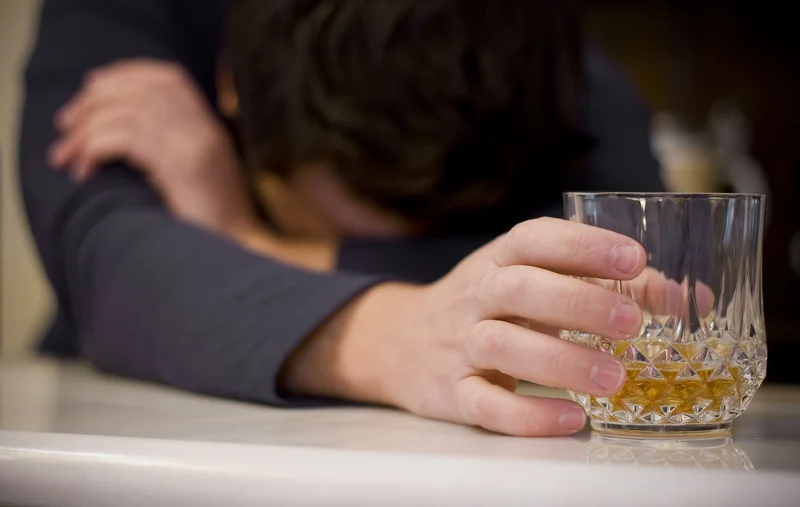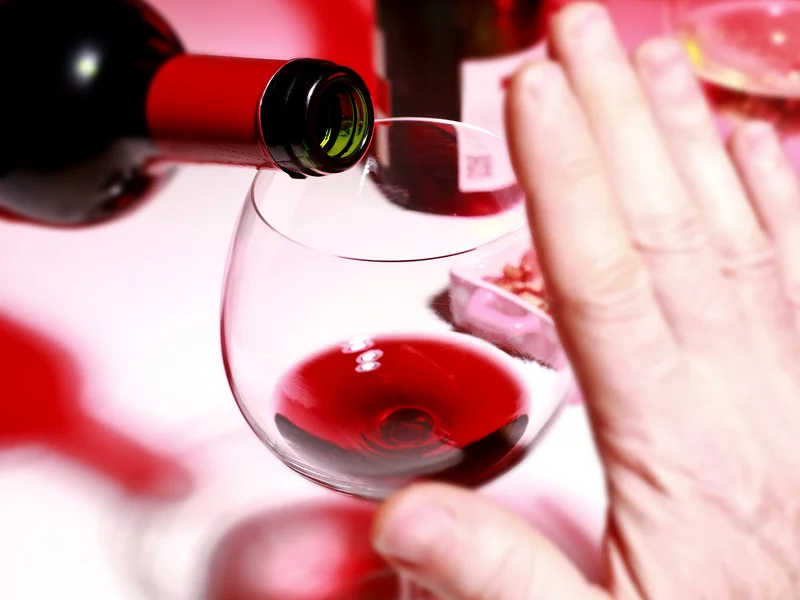
Light drinkers (those consuming one to three drinks per week) had the lowest rates of cancer or death compared to those drinking less than 1 drink per week. Moreover, she threw light on an important aspect of consuming snacks Oxford House along with drinking alcohol. Snacks such as peanuts, roasted nuts, and chips add to indirect weight gain, as calories from both the alcohol and the snacks get compounded, said Chaturvedi. Insulin resistance is also higher after not getting enough proper sleep after consuming alcohol, making it more likely your body will preferentially store calories as fat (8). So achieving insulin sensitivity is a big part of losing weight and getting rid of abdominal fat. This can cause you to feel tired and groggy the next day, leading to increases in stomach fat.

Can drinking raise my blood pressure?
Traditional margaritas contain up to 35 grams of sugar due to the sweeteners and syrups added. A 4 oz (120 ml)margarita contains 168 calories, which is equivalent to consuming 34 grams of fried bacon. Find out whether birth control may cause weight gain and what you can do to help avoid gaining weight on birth control. When you stop drinking, your body may replace one habit with another, so weight loss isn’t guaranteed.
- While alcohol can affect weight in many ways, the caloric content should not be ignored.
- AUD often results in consuming larger amounts of alcohol to achieve the same effects, leading to greater alcohol intake over time, as well as more weight gain.
- Cortisol redistributes fat tissue to your abdominal region and increases cravings for high-calorie foods.
- As a result, people who drink heavily may have high cortisol levels.
- While many viewpoints exist on how alcohol, in moderation, can also be beneficial to health, the fact remains that the calories found in alcohol are ‘empty’.
The Healthy Food Swaps Master List
- Some evidence suggests that eliminating alcohol among people who drink heavily helps control weight.
- That being said, the findings are still remarkable because there just doesn’t seem to be anything that semaglutide doesn’t treat.
- High-calorie, high carb, and high sugar foods, when consumed with alcohol, will cause weight gain and a beer belly.
- While no specific amount of alcohol directly causes weight gain, alcohol consumption combined with a sedentary lifestyle and poor eating habits can lead to increased body weight.
Additionally, drinking alcohol negatively impacts your metabolism and body’s ability to burn fat, contributing to weight gain. Consuming alcohol also makes you hungrier for high fat, high sodium food while impeding your judgment, which further contributes to poor food choices. So it’s important to monitor your alcohol consumption as part of a balanced diet, regardless of whether or not you’re managing your weight. If you’re one of the heavy drinkers or cannot control how many alcoholic beverages you consume, you’re better off not drinking at all. This is because you’ll add weight from heavy drinking and a lot of other serious health problems like high blood pressure and heart disease. As for why the calories in alcohol don’t seem to quickly add up to a lot of extra weight, it’s a little bit of a mystery.

A scientist who studies ultra-processed foods follows 3 simple rules to help him stop overeating
- This means you will most likely store those additional calories as fat while your body is trying to clear the byproducts of alcohol calories (3).
- While your body deals with metabolizing and eliminating the toxic alcohol, all of the food you just ate (or ate semi-recently) will likely end up being stored as fat.
- But for people who are cognizant of their overall food and drink consumption, low- or zero-calorie sweeteners may aid in weight loss.
“So it seems like for those highly impulsive participants, reducing their alcohol intake really does benefit their weight loss over time,” she says. One gram of alcohol contains 7.1 calories, and commonly consumed drinks can range from about 100 to 200-plus calories. However, despite your average drink’s seemingly significant calorie count, these beverages don’t contribute does alcohol make you gain weight to weight gain as much as calorie-counting math suggests they should. The next most significant tip is keeping healthy habits and making sure you don’t eat bad foods with alcohol intake. Most of us like eating pizza, hamburgers, and pasta when drinking alcohol, but these are the worst choices.
Do Women Need More Sleep Than Men? (And Why)
However, the most significant cause of weight gain in the stomach due to alcohol consumption is the empty calories your body has to burn off and then consume bad foods. Eating a healthy fiber-filled and protein- packed meal before going out is one effective way to help stabilize your blood sugars. This can help prevent the crashing which often involves consuming high calorie, high carb and high fat foods which cause weight gain, especially in the belly. Plus, the food eaten beforehand will help slow your absorption of the alcohol keeping you from regretting your life choices in the morning over a brain numbing hangover. Excessive alcohol consumption also leads to alcoholic fatty liver. Moreover, according to a 2023 study published in BMC Public Health (2), individuals who frequently engage in binge-drinking tend to have larger waist circumferences.
Is drinking some alcohol better than not drinking it at all?

Depending on how dehydrated you are, this may not significantly affect your weight, but it can affect your perception of weight gain by adding volume to your face. Alcohol decreases inhibitions, making you more likely to do things that you wouldn’t normally do otherwise. This applies to many areas, including decisions related to eating. If you would normally avoid or limit potentially non-nutritious foods, alcohol intoxication decreases your inhibitions, making you more likely to overindulge. Still, the study suggests that cutting out alcohol isn’t a reliable way to lose weight in the short term, and, over the course of years, may only have a small effect at most. Josh holds a Bachelor’s degree in Exercise Physiology and Nutrition Science.

For millions, they are a regular part of the dining experience. They’re often an important component of social events, celebrations, and milestones; we toast people, events, and memories with alcohol. And, of course, the alcoholic beverage industry is a major economic force, responsible for more than $250 billion in sales annually in the US. Drinking alcohol also increases the body’s acidity levels, leading to problems with thirst control, which further contributes to water retention. However, she clarified that this phenomenon is not true for everyone, and the impact of alcohol on water retention is different for different people.
